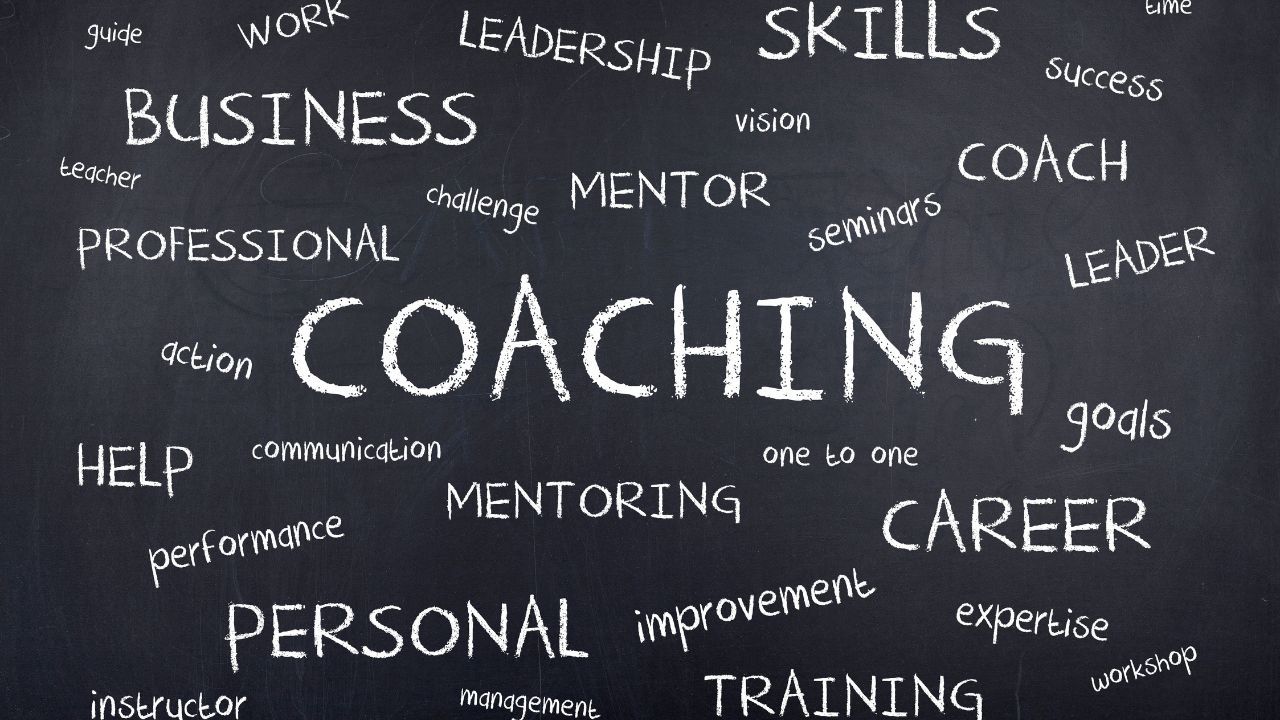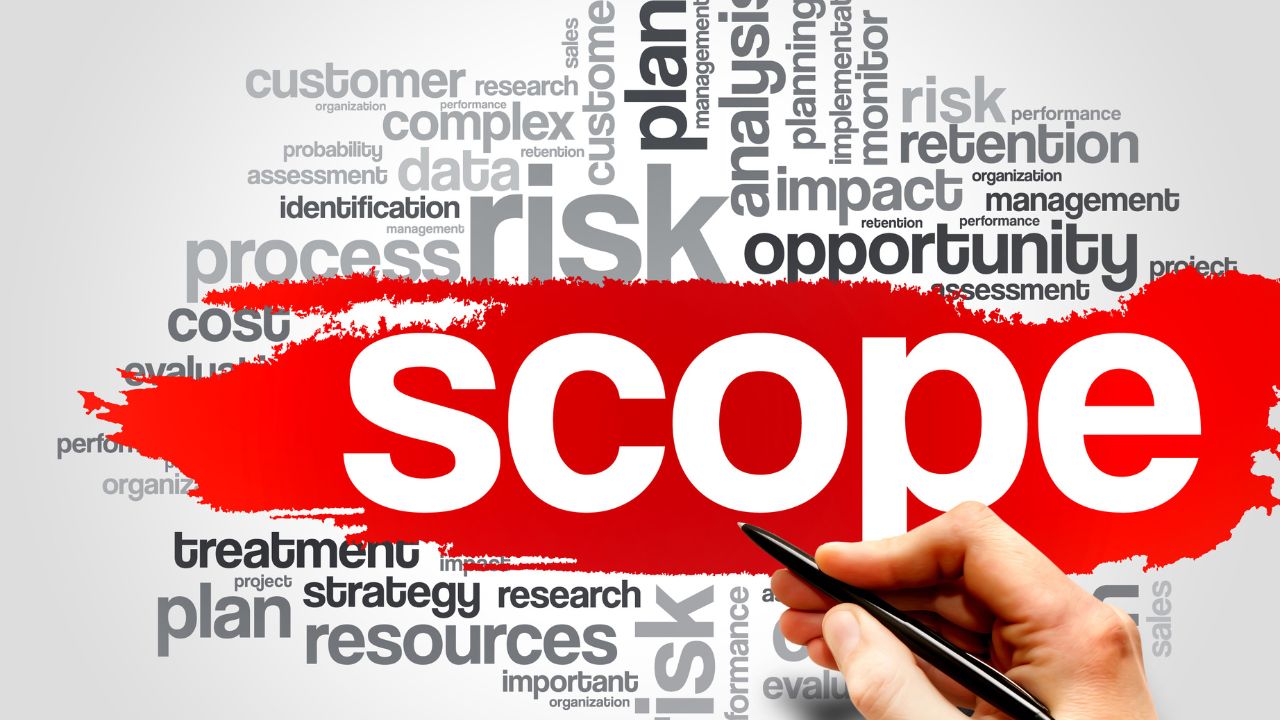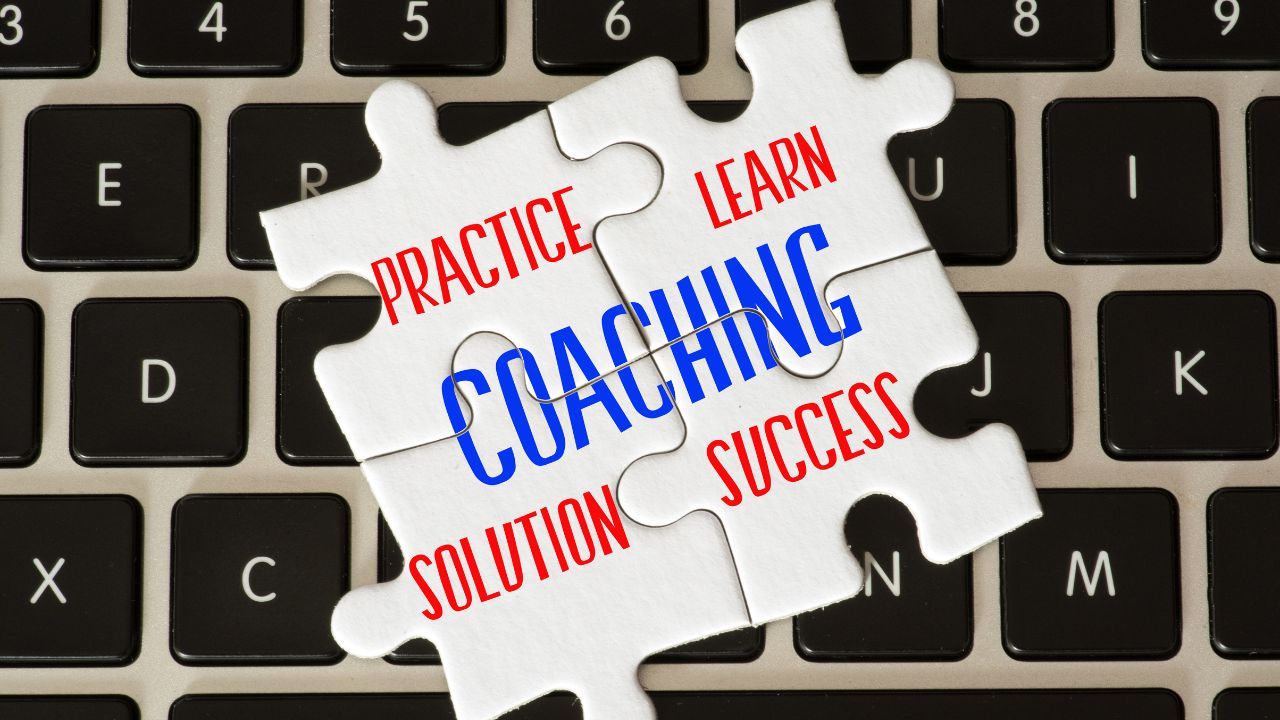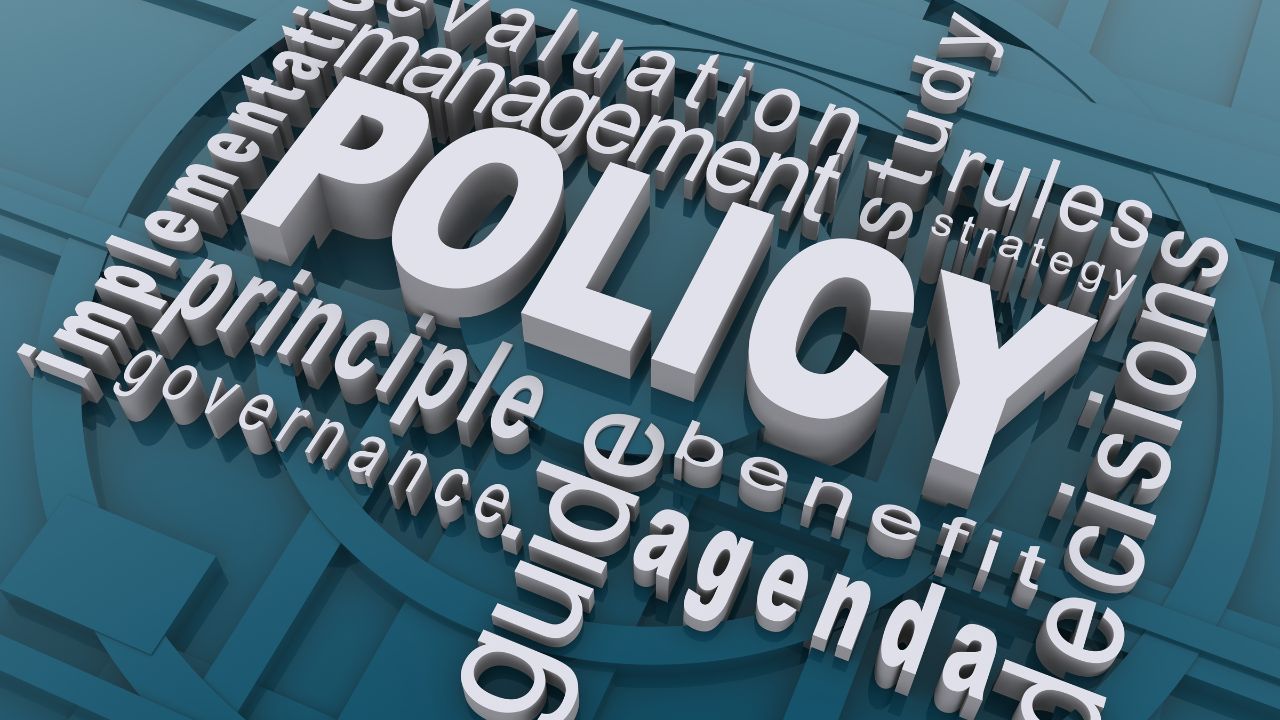Legal Safeguards for Online Coaches: Protecting Your Scope of Practice
Sep 19, 2023
What does scope of practice mean if you are a coach?
The term "scope of practice" refers to the boundaries and limitations within which a coach operates. A coach’s scope of practice has roots in the coach’s training, qualifications and expertise, as well as the professional standards that govern the coach’s industry. Knowing what is the scope of practice for a coaching business is essential as it defines the specific areas in which a coach is competent and authorized to provide guidance, support, and assistance to clients. Scope of practice determines the types of coaching services a coach can offer, the target audience they can work with, and the specific methodologies or approaches they are trained in. When a coach exceeds their scope of practice, this is where they can get into legal issues, both with their clients and potentially with state boards and regulators that license and oversee certain types of work.
It’s critical for coaches themselves to get clear on their scope of practice. They need to establish boundaries and the guardrails within which they will offer coaching services. By defining the scope of practice both for themselves and in their marketing materials - website, freebies, social posts and emails, coaches establish the specific containers of their coaching practice and ensure that they work within their areas of expertise. Getting super clear on scope of practice helps maintain professional standards, protects clients' well-being, and avoids offering advice or assistance beyond the coach’s qualifications.

There will be plenty of instances in working with clients where coaches identify issues their clients are having that are beyond their scope of practice. The coach may have some sense of what kind of professional may be able to help their client, or the coach may simply know that whatever issues are presenting themselves are beyond the servicing coach’s scope of practice. It is imperative in these cases that coaches refer their clients to other professionals or specialists when issues arise that fall outside their scope of practice, ensuring that clients receive appropriate support from qualified individuals.
As coaches gain additional training, skills, or certifications, they may find that they can update and expand their scope of practice. However, not all certifications or additional training will qualify a coach to expand into areas for which they do not have adequate licensure, skills, certifications or training. Sometimes additional training makes the coach better at offering her expertise and identifying issues beyond their scope of practice even though they don’t expand the coach’s range of services. It’s important to assess whether additional training will change scope of practice as coaches want to ensure that they provide effective and responsible coaching services while staying within the boundaries of their expertise.

Clear Communication with Clients Can Avoid Scope of Practice Issues
Transparent communication plays a pivotal role in keeping online coaches within their scope of practice. This should happen at multiple touchpoints along the client’s journey with the coach. Coaches should place disclaimers on their content, such as their website, free downloads and in their coaching contract to identify the limitation of their coaching practice. Coaches should also have open and honest discussions with their clients, clearly defining the boundaries of their expertise and the nature of their coaching services. This is especially important if scope of practice issues come up during the coaching relationship, and the client is seeking advice or help beyond what the coach can provide. Transparent communication enables clients to make informed decisions and ensures they understand the limitations of the relationship, and will help them benefit the most from the relationship they are in. Fostering trust and setting realistic expectations will only enhance the coaching-client relationship.

Recognizing Limitations and Utilizing Referral Sources
Coaches must develop a strong sense of self-awareness so that they are able to recognize their limitations. This can be extremely challenging because instinctively the coach wants to help their client as much as possible. During the coaching relationship, when topics or issues beyond their scope of practice present themselves, it is imperative that coaches promptly refer their clients to qualified professionals. In the personal or life coaching space, it’s common for clients to reveal trauma or mental health concerns. Although the coach may express empathy and understanding of the client’s issues, the coach should promptly refer the client to a licensed therapist or counselor trained to work with these types of issues.
Sometimes a coach may possess the underlying competencies or licenses to provide additional services, but when they are in a coaching relationship with the client, the coach needs to be careful to stay within the confines of the coaching relationship and not slide back into the other role. Health and wellness coaching are two types of coaching where these issues often arise. As health and wellness coaching are closely tied to medical fields, health and wellness coaches may face scope of practice issues with more frequency than some other kinds of coaches. Coaches performing tasks or giving certain kinds of information need to be careful that the information or tasks are not reserved to licensed professionals. And, even if the coach has the requisite underlying licenses, they may not be insured to provide these services as part of their coaching practice. Making referrals to qualified professionals will both support the client and protect the coach.
Networking and Collaborating with Professionals:
Coaches that develop relationships and collaborations with professionals from diverse fields will be best positioned to assist their clients when issues arise that are beyond the coach’s scope of practice. Coaches can make connections with doctors, therapists, nutritionists, lawyers, and financial professionals so that they can readily and easily make referrals for their clients. Coaches offering group programs may even want to include trained professionals within their group program to help address some of the issues that come up during the group sessions.

Understanding and Adhering to Ethical Guidelines Are Essential for Coaches
Ethical guidelines exist for all fields of coaching. They are established to create industry standards and norms and to help elevate the field of coaching and enhance the public’s trust in coaching relationships. By adhering to industry-specific codes of ethics, such as those provided by the International Coach Federation (ICF), coaches will earn and keep credibility with their clients. Maintaining confidentiality, obtaining informed consent, and avoiding conflicts of interest are among the ethical guidelines created by the ICF and other organizations.

The Best Defense is a Great Offense
There are a few steps online coaches can take to minimize their risk when it comes to exceeding their scope of practice.
As a starting point, coaches should become familiar with the laws in their state that govern the type of coaching they provide. Not all states have laws that address coaching, but it’s a good idea to check. One place to check on this is your professional coaching association, which may have links to state laws and regulations. Sometimes state government websites, such as the Secretary of State business section or the Attorney General may have resources. Finally, a local law library may also be able to help you research whether there are any coaching laws that apply in your state.
Once you have a handle on your scope of practice, you’ll need to do an audit of your services to make sure that everything you’re offering falls within your scope of practice. If you find that some of your services fall outside of your scope, evaluate your offerings to determine if you can adjust them to fall within your scope of practice.
After a review of your services, the next step is to audit your content. Does your website, free downloads, course and program content, advertising, etc. line up with your permissible scope of practice? All of your content should match up with the first audit you performed of your services. You need to be sure that you are both walking the walk and talking the talk. Just as it’s not good practice to advertise services beyond your scope, it’s also not good practice to actually deliver services beyond your scope, even if you don’t advertise that you do them.

After performing your services and content audits, you’ll want to check over your contracts and agreements. Do you have website policies in place? You can learn more about what’s required in my 3-part Blog Series covering website documents:
- Your Website Trilogy of Legal Documents: Creating Trust, Legal Protection and Compliance - Part I Privacy Policies
- Your Website Trilogy of Legal Documents: Creating Trust, Legal Protection and Compliance - Part II Essential Terms of Use
- Your Website Trilogy of Legal Documents: Creating Trust, Legal Protection and Compliance ~ Part III: Bulletproofing Your Website ~ Harnessing the Power of Disclaimers
All of these policies are important, but your Website Disclaimer should directly address scope of practice issues by telling prospective customers what services you don’t perform and clarifying that you don’t hold certain licenses or certifications. Having clear language in your website copy will also go a long way toward managing expectations with your customers.
Once you are ready to onboard your customers, you’ll want to be sure that their expectations line up with your services. You can start this in your marketing materials, but you should have a written contract in place before you start providing services. Taking the time to review your contract with your clients can also help define the relationship and avoid misunderstandings.
Periodic Review is Important to Avoid Scope (of Practice) Creep
In your enthusiasm to provide services to your clients, it’s easy for sope (of practice) creep to slip into your business. Most service providers tend to overdeliver, and want to provide their customers with a thoughtful and thorough experience. Periodically, perhaps a few times per year, or when you are putting together new packages or programs, dust off the audit you performed of your services and check it again against your scope of practice. Be sure that in your zeal to deliver an amazing experience and services, you haven’t allowed some services outside of your scope of practice to slip in.
Are you in need of website protection policies or other customizable templates for your online service business? Check out the Step Up Your Legal™ Template Shop!


